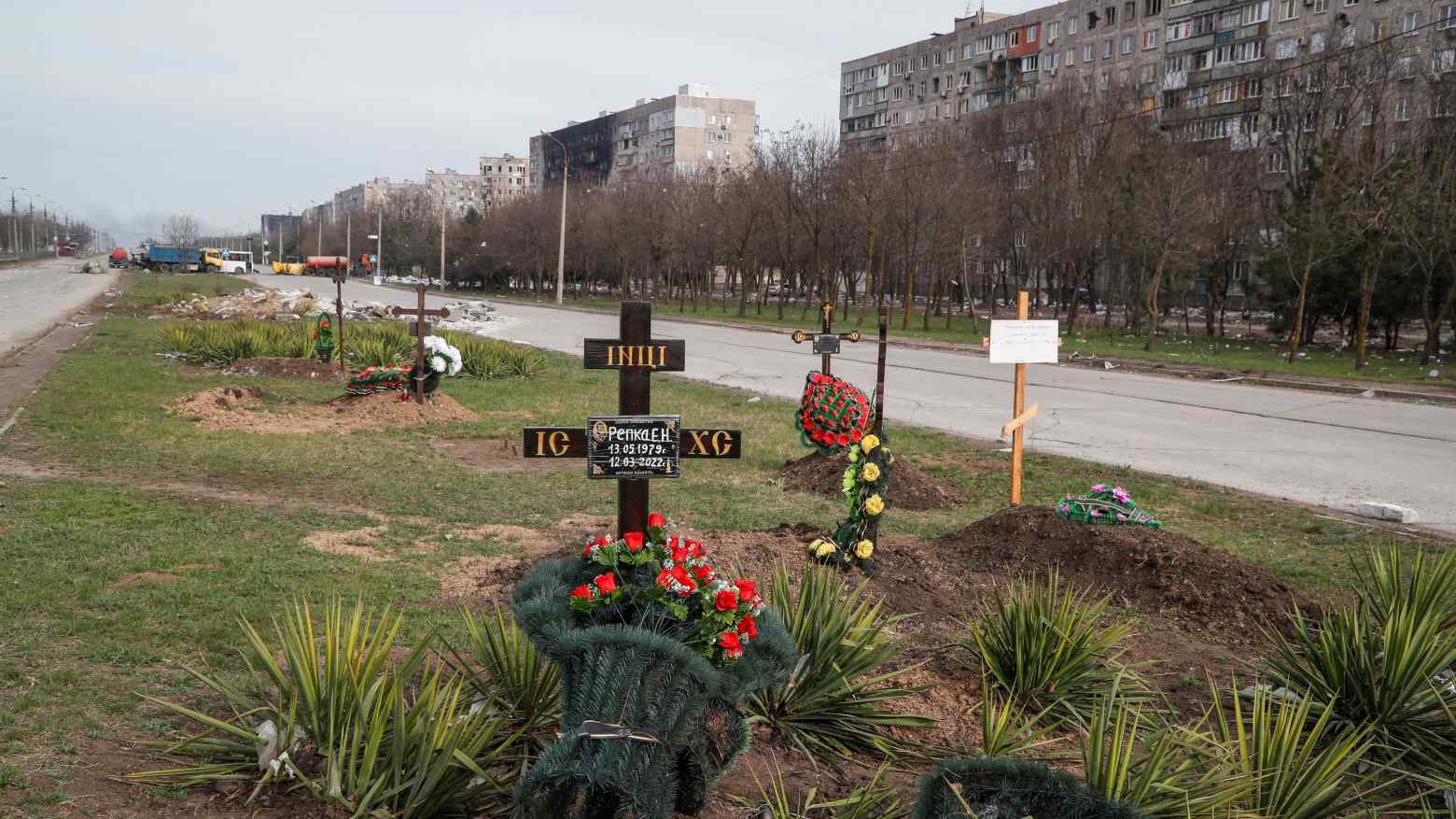In Italy, the right-wing coalition is grappling with a fundamental issue that resonates deeply within its constituency: taxation.
For this political faction, the mantra of not raising taxes has become almost sacred.
And who can blame them?
Italy consistently ranks among the countries with the highest tax burdens in Europe.
But while it’s essential to keep taxes in check, the coalition faces a pressing challenge: how to balance the budget without sacrificing vital public services.
The conversation around budget management is complex.
A logical starting point might be cutting unnecessary expenditures.
However, this approach isn’t without its pitfalls.
There are certain areas, such as healthcare, where cuts simply aren’t an option, especially given the current circumstances.
So, what’s the solution?
One contentious topic is the “superbonus,” a government initiative that has significantly impacted the national budget.
Initially hailed as a boon for the economy, many now question its sustainability.
This program, which was largely promoted by the opposing political parties, promised financial incentives that seemed too good to be true.
But as the saying goes, if something sounds too good to be true, it probably is.
The superbonus has been described as a double-edged sword.
On one hand, it provided a temporary boost to the economy by injecting cash into various sectors.
On the other hand, it has become a financial burden, akin to a virus spreading through the nation’s finances.
What began as a well-intentioned initiative has morphed into a significant challenge for the current administration.
It’s worth noting that while the superbonus was popular during election campaigns, its long-term ramifications were often overlooked.
Politicians from all sides embraced the idea, reveling in its immediate appeal to voters.
Yet, when the dust settled, it became clear that this populist approach had created more problems than solutions.
The allure of populism is hard to resist, especially when it comes to promises of free money.
The concept of the “citizens’ income” is another example of a proposal that, while appearing logical on the surface, has transformed into a populist paradigm that complicates governance.
These types of initiatives can garner support but often lead to unmanageable expectations.
As the coalition navigates these turbulent waters, the challenge lies in finding a way to satisfy both fiscal responsibility and the needs of the electorate.
It’s a delicate balancing act, one that requires careful consideration of priorities and potential consequences.
The question remains: how can they achieve this without alienating their base?
The current economic climate also demands that leaders think outside the box.
Instead of merely distributing funds, a more strategic approach could involve investing in sectors that promise long-term growth.
If those same resources were allocated differently, could they result in a more sustainable economic boost?
The stakes are high.
With public sentiment swaying and economic pressures mounting, the coalition must tread cautiously.
They need to communicate transparently about the challenges ahead while also offering tangible solutions.
Voters are looking for accountability and realistic plans, not just catchy slogans.
Ultimately, the right-wing coalition stands at a crossroads.
They can either continue down the path of short-term populism or pivot towards a more sustainable, fiscally responsible approach.
The choices they make in the coming months will undoubtedly shape the future of Italy’s economy and the political landscape for years to come.










